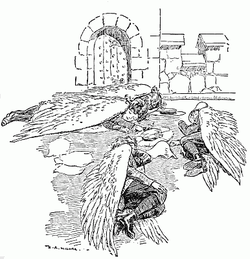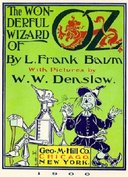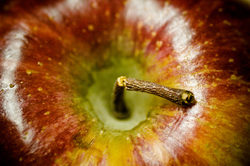|
with Sally Zeiner November 11 Wings Wings This week in philosophy class we revisited the issues of ethics and identity through the events of Wings and Bigger than the Baker's Boy. Question 1: Ethics Cyril says that “stealing is stealing even if you've got wings.” Jane argues that no one scolds the birds, and then they go on to eat “quite as many plums as were good for them.” However, when Jane sees the man, she says, “We had some of your plums; we thought it wasn’t stealing, but now I am not so sure.” Later in the day, they feel that it is right to take the necessities of life from the clergyman, until they find themselves locked on the roof. Then, they begin once again to think that their actions are wrong. Do you think they were wrong to eat the clergyman’s food? How do you know when something is wrong? What kind of knowing is this? Was Robert wrong when he lassoed the baker’s boy? What about when he put him on the roof of the cowshed? Was it wrong to go to the fair as a giant to make money? The class worked to develop a criteria for right and wrong that can be applied in many situations, rather than simply stating an opinion of the ethics of each individual case. One budding philosopher articulated that it is the knowledge and willingness of the participants in each event that determine whether something is right or wrong. Another student of philosophy developed the term prehenceive: a preexisting law, something that has been set in stone for as long as anyone can remember; it is almost a sixth sense, something that you know you can or can't do. Similar ideas can be found in the work of Plato. Question 2: Identity Was Robert still Robert when he was a giant? Why or why not? What is your criterion for identity? Has it changed? Homework: Write your criterion for identity and bring it next week. What makes you you? Is your identity independent of the world around you, or does it depend on the world around you? Next week we will review our criteria for identity before we discuss chapters 15 and 16 from The Wonderful Wizard of Oz. November 18 Before we discussed the The Wonderful Wizard of Oz in class this week, we tried a few experiments in perception, taken from Philosophy for Kids. We also discussed Kant's position that for us to know something there must be both an objective reality and a subjective experience of that reality. You might enjoy trying these at home: Reality Look at an object placed on the table. Describe the (a) size, (b) shape, and (c) color without looking at your neighbors answers. A. B. C. Now list them on the chalkboard. Are the answers all the same? Discuss. How you do know what you know? Do you know 2 + 2 = 4? How do you know? a. It feels right when I look at it. b. I learned arithmetic in the first grade. c. I realize it can be proven using universally accepted mathematical principles.  You are holding a ripe, red apple. How do you know that it is red? a. Because I can clearly see its redness. b. Because everyone calls this color “red.” c. Because I can see that it is red – and it is red. Next week we will begin discussing The Little Prince. Students should read through section VIII, and write down one or two different issues in the book that strike them as philosophical. We will discuss these in class. Comments are closed.
|
Categories
All
Archives
May 2016
|

 RSS Feed
RSS Feed